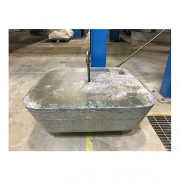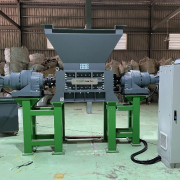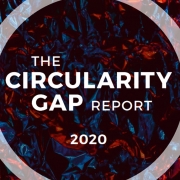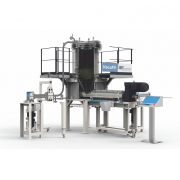Global Free, Fair & Sustainable Recovered Paper Trade Is Crucial for Recycling Industry
The recycling industry collects and recovers paper waste into standardized quality grade recovered paper in line with the European standard EN 643 on a daily basis. In 2020, Europe has collected on average 54.4 million tons of recovered paper and used 47.9 million tons internally. However, there is a lasting gap between supply and demand of around 7 million tons in terms of excess supply of recovered paper in Europe as observed over the past years. In the absence of end markets for around 7 million tons of recovered paper in Europe, exports are vitally important for the European paper recycling industry.
“The future Waste Shipment Regulation should not hamper a well-functioning global market for the trade of recovered paper’’ says Hans van de Nes, President of ERPA, the Recovered Paper Branch of EuRIC. ‘’We understand the need to restrict exports of ‘problematic waste streams’ as identified in the new Circular Economy Action Plan to countries lacking a proper infrastructure. However, exports of recovered paper meeting EN 643 to countries outside of the European Union are absolutely crucial for the paper recycling industry. While the majority of waste paper collected and recovered in the EU stays in the EU to make new paper in circular value chains, recovered paper remains a raw materials from recycling with a global supply and demand that can easily be used as a substitute or in complement of virgin pulp by paper mills to produce new paper.’’
The proposal to revise the Waste Shipment Regulation (WSR) completely ignores the major differences between the various waste streams. The one-size-fits all approach subjecting all waste streams to similar export restrictions without making any distinction between untreated wastes and recovered paper meeting the European standard EN643 will result in lasting negative impacts for the EU’s recycling industry. When restricting access to global end-markets, costs for collection and processing will no longer be covered by revenues of the recovered paper sales which will lead to the need of financial contributions by municipalities to be able to continue a proper separate collection.
ERPA unconditionally supports the transition towards a more circular economy – using recovered paper compared to primary materials for the production of new paper saves more than 60% of energy and is inherently resource and climate-efficient. However, in the absence of sufficient production capacity in the Europe, global trade with recovered paper remains crucial as recovered paper can only be stocked for a very limited time and needs to be rapidly used in a paper mill to produce new paper. ERPA strongly welcomes the additional capacities that are announced by the European paper industry to increase the demand in Europe. “However, building new capacities will take time and won’t be sufficient to close the gap between supply and demand’’ van de Nes concluded.
Source: EuRIC (Brussels, 23 May, 2022)








